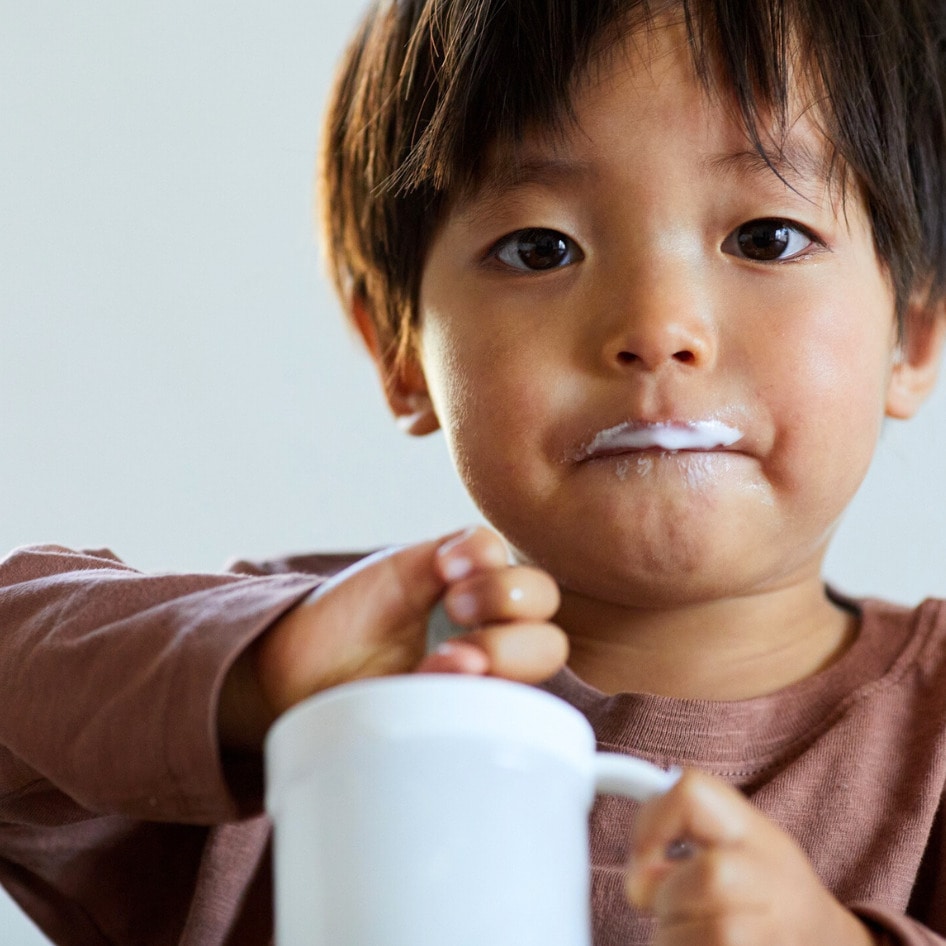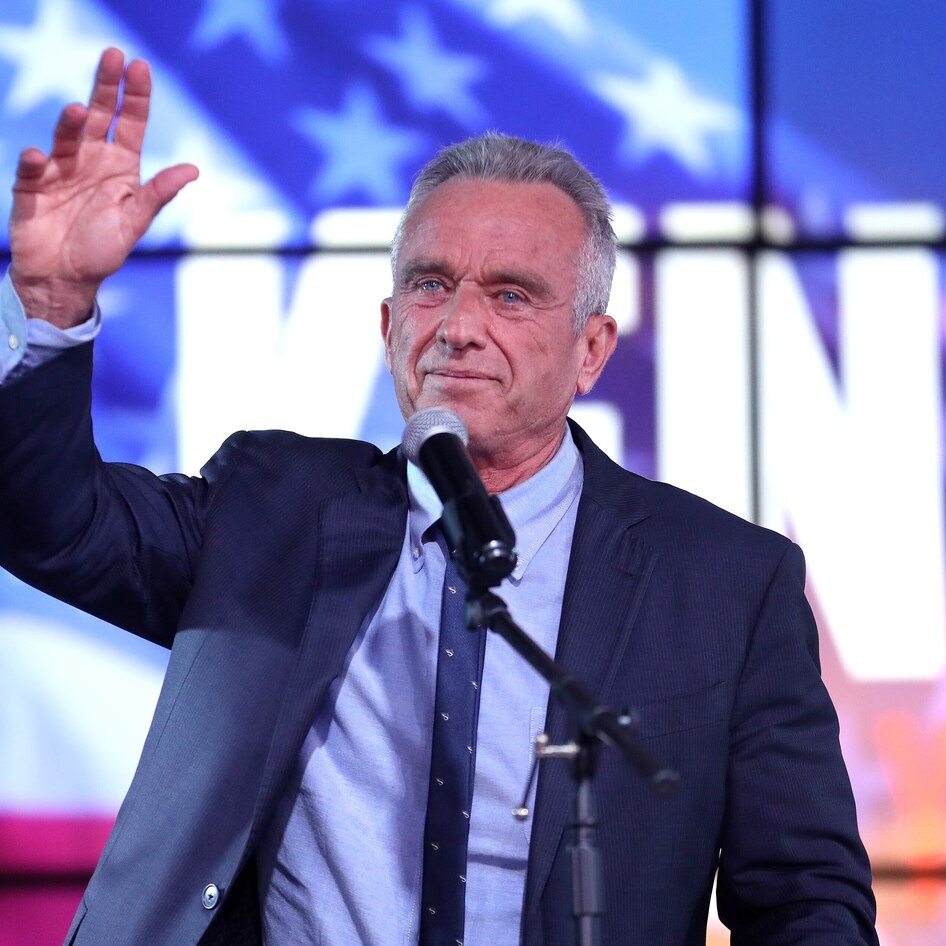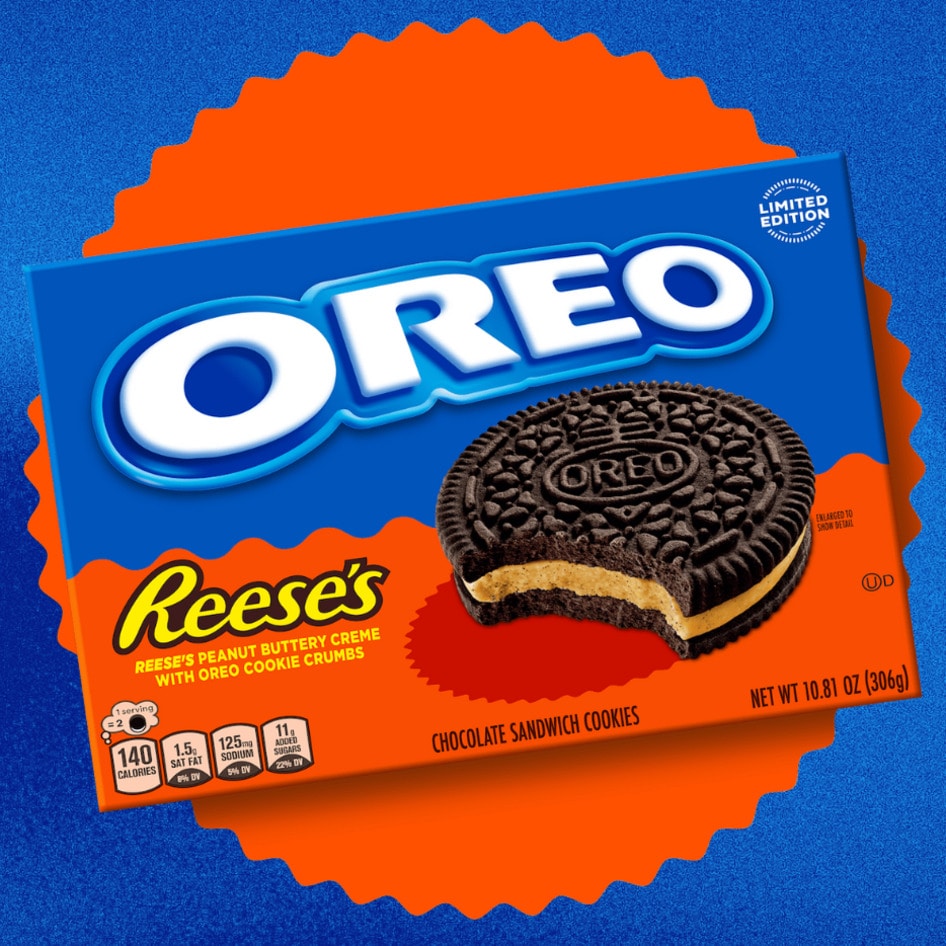This week, the Hawaii Cruelty Free Cosmetics Act (HCFCA) passed its final vote in the state legislature and, once signed by Governor David Ige, will make Hawaii the sixth state to ban cosmetic animal testing. The HCFCA prohibits the sale of new products tested on animals after January 1, 2022. In 2018, Senator Mike Gabbard (D-HI) first introduced the legislation—making Hawaii one of the first states to consider banning cosmetic animal testing—and has re-introduced HCFCA every year since.
“People in Hawai’i and across the nation care about animals and are increasingly looking for cosmetic products that are cruelty-free,” Gabbard said. “By moving forward with this legislation, we are doing the right thing without sacrificing the necessary product testing needed to protect human health.”
Banning cosmetic animal testing nationwide
In 2018, California became the first state to prohibit the sale and manufacture of animal-tested cosmetics when it passed the Cruelty-Free Cosmetics Act (SB 1249)—legislation that was sponsored by Cruelty Free International (CFI), an organization working to end animal testing worldwide. Shortly thereafter, Nevada and Illinois passed similar legislation, which, along with California’s, was enacted on January 1, 2020. This year, Virginia and Maryland passed their own legislation to ban cosmetic animal testing, both of which will be enacted on January 1, 2022. Additional states are considering their own bans, including New Jersey, Rhode Island, New York, and Oregon.
“Non-animal testing methods spare significant numbers of animals from pain, distress, and death. And crucially, non-animal testing methods have higher relevance for humans compared to tests in animals, and thus ensure better protection of human health,” Monica Engebretson, Head of Public Affairs North America for CFI, said. “Not only do companies have these modern tests at their disposal, they also have thousands of existing cosmetic ingredients with histories of safe use and existing safety data that can be utilized without further testing. Hundreds of successful cosmetics companies of all sizes now rely on non-animal testing methods and support globally consistent rules on this issue.”
On the federal level, in 2019, bipartisan politicians, including vegan Senator Cory Booker (D-NJ), introduced the Humane Cosmetics Act to ban cosmetic animal testing nationwide, as well as prohibit the import of cosmetics tested on animals from countries worldwide. Currently, more than 900 companies—including 600 members of national trade association Personal Care Products Council (PCPC)—officially endorse the Humane Cosmetics Act.
“Our success in ending animal testing in other countries and states proves that positive change is possible and creates momentum for passage of the federal Humane Cosmetics Act,” Engebretson said.
JUMP TO ... Latest News | Recipes | Guides | Health | Subscribe







